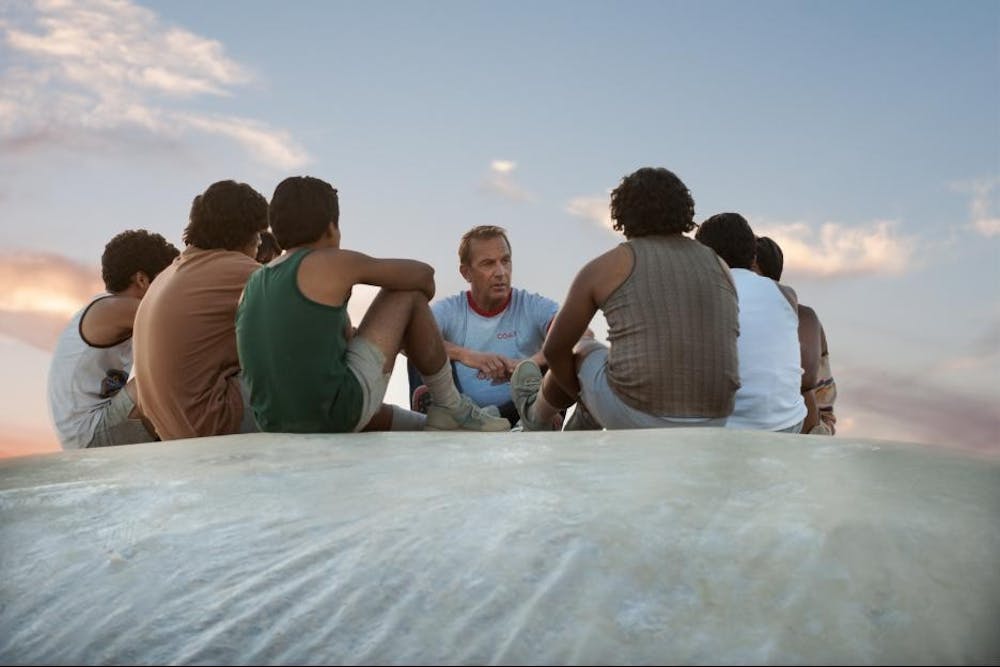Like any good sports movie, “McFarland, USA” (directed by Niki Caro and written by Grant Thompson) starts with an underdog: a group of teenage boys from an impoverished neighborhood. These particular boys are the sons of Hispanic field laborers living in — you guessed it — McFarland, California. With the country ablaze over Obama’s recent executive order on immigration, the timing of the film’s release couldn’t be better.
In the film, based on a true story, Jim White (Kevin Costner, “Black or White”) moves his family to take a job at McFarland High School — the only school that will hire him after a string of dismissals for temper-related incidents. Set in 1987, McFarland is a primarily Hispanic city where even today, about a third of the population lives below the poverty line. White quickly discovers that the boys in his gym class are exceptionally fast runners and decides to coach the school’s first cross-country running team. In their journey to California’s first cross-country state championship, White and the boys face a series of hurdles that form the trajectory of a sports legend.
Costner is convincing in his role, but is not the generic hero we’ve come to expect from Disney films. His flaws — a bad temper and selfish motivations — humanize him, so that he is no longer the white knight swooping in to save the day. His team jokingly calls him “Blanco,” and never hesitates to point out his white privilege. In light of recent events that have refueled the political charge behind race, this realism is refreshing.
The heroes, then, are undeniably the boys themselves. Sacrificing their education to support their families, they rise at the crack of dawn to work in the fields, leaving just in time for school and returning immediately after. And in the evenings, they run.
Carlos Pratts ("Paranormal Activity: The Marked Ones") is especially memorable as Thomas Valles, the team’s best runner, whose family situation is difficult but not tragic. It’s an important distinction that these boys are portrayed as admirable not pitiful. For most of the movie, it is they who are coaching White, not the other way around. One of the most poignant scenes in the movie is when White, who joins the boys in the fields one morning, cramps up after mere hours because his body is unused to the labor. He falls to the ground, lying face down in the dirt, as one of the boys tends to him.
In the same way, these boys are educating audiences across the country on the reality of thousands of migrant laborers across the country. Personal, not political, “McFarland, USA” isn’t controversial or even necessarily groundbreaking. But what it does do is make American heroes out of an immigrant population, in a way that only a feel-good Disney movie about sports can do.





